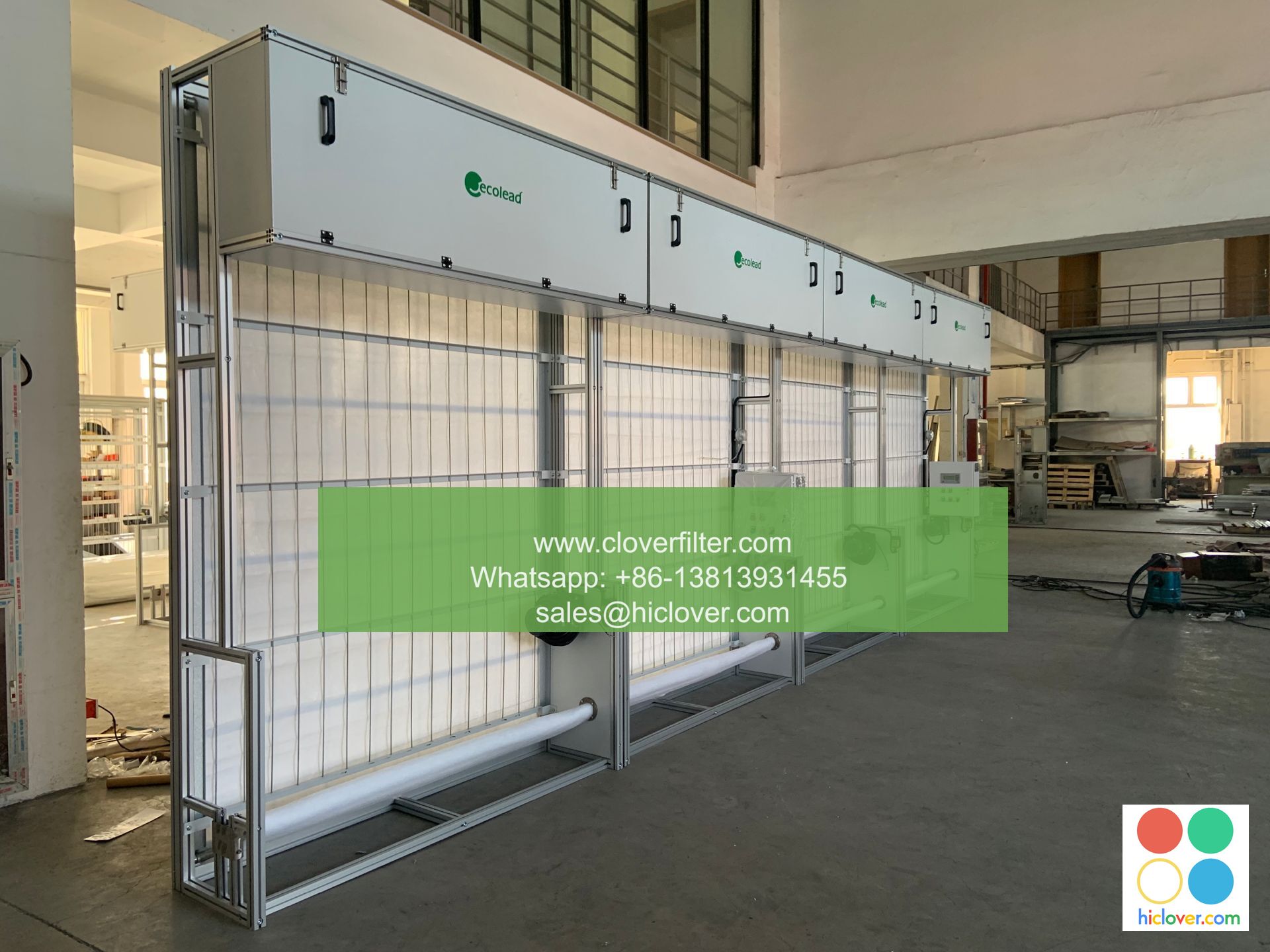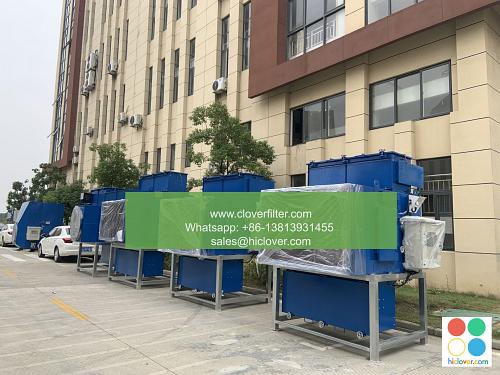Air Filter Maintenance for Commercial Buildings: A Guide to Increased Durability

As a commercial building owner or facility manager, maintaining a healthy and efficient indoor air quality (IAQ) is crucial for the well-being and productivity of occupants. One of the most critical components in achieving this goal is the air filter system. Proper air filter maintenance is essential to ensure the longevity and effectiveness of the system, as well as to prevent costly repairs and replacements. In this article, we will explore the importance of air filter maintenance, highlighting various application areas and providing a comprehensive guide to increased durability.
Importance of Air Filter Maintenance
Regular air filter maintenance is vital to prevent the accumulation of dirt, dust, and other airborne contaminants that can compromise the performance and energy efficiency of the heating, ventilation, and air conditioning (HVAC) system. Neglecting air filter maintenance can lead to:
* Reduced airflow and increased energy consumption
* Decreased indoor air quality and potential health risks
* Premature wear and tear on HVAC equipment, resulting in costly repairs and equipment replacement
* Increased operating costs and decreased system lifespan
Key Areas of Application
Air filter maintenance is crucial in various commercial settings, including:
* Office buildings: Maintaining good IAQ is essential for employee health and productivity.
* Healthcare facilities: Clean air is critical in hospitals, clinics, and other healthcare settings to prevent the spread of airborne diseases.
* Industrial facilities: Proper air filter maintenance is necessary to ensure the quality of products and prevent equipment damage.
* Education institutions: Good IAQ is vital for student health, attendance, and academic performance.
* Data centers: Clean air is essential to prevent equipment damage and maintain serverroom cooling efficiency.
Best Practices for Air Filter Maintenance
To ensure the durability and effectiveness of your air filter system, follow these best practices:
* Regular inspections: Check air filters monthly and replace them as needed.
* Proper installation: Ensure air filters are installed correctly to prevent air leaks and reduce filter bypass.
* Cleanliness: Keep the air filter housing and surrounding areas clean to prevent dirt and dust accumulation.
* Replacement schedules: Establish a regular replacement schedule based on the manufacturer’s recommendations and filter life expectancy.
* Filter selection: Choose the right air filter type and size for your specific application, considering factors such as airflow rate, pressure drop, and filtration efficiency.
Benefits of Proper Air Filter Maintenance
By following the best practices outlined above, you can expect to see numerous benefits, including:
* Increased energy efficiency and reduced energy costs
* Improved indoor air quality and reduced health risks
* Extended equipment life and reduced maintenance costs
* Enhanced system performance and reliability
* Compliance with regulatory requirements and industry standards
In conclusion, air filter maintenance is a critical aspect of commercial building management, with far-reaching implications for occupant health, energy efficiency, and equipment longevity. By understanding the importance of air filter maintenance and implementing best practices, facility managers and building owners can ensure a healthy, efficient, and sustainable indoor environment, while also reducing operating costs and minimizing downtime. Prompt

